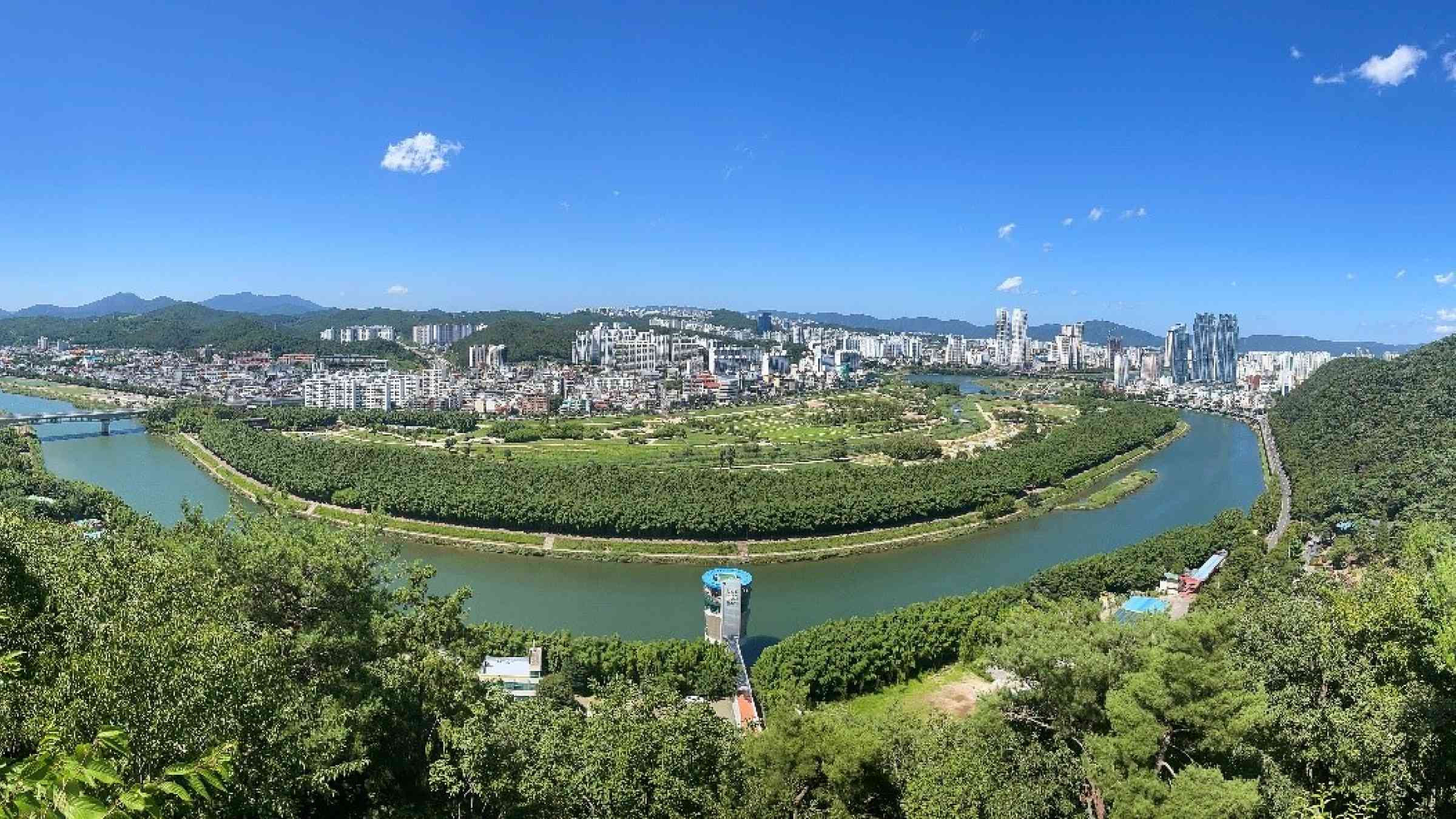Industrial powerhouse commits on resilience

The largest industrial city in the Republic of Korea has been recognized as a global leader in urban disaster resilience for its commitment to support other local governments to scale up their own risk reduction actions.
The United Nations Office for Disaster Risk Reduction (UNDRR) acknowledged Ulsan Metropolitan City as the latest Making Cities Resilient 2030 (MCR2030) Resilience Hub. Ulsan is the home to many of Korea’s textile, steel, car manufacturing, petrochemical, shipbuilding and electronics industries which have powered the country’s remarkable economic development.
The Vice-Mayor of Ulsan, Mr Seo Jeong-wook highlighted how the city had adopted an all-of-society approach to underpin its disaster resilient urban development in the face of increasing risk from summer typhoons and other hazards.
‘To reduce disaster risk and strengthen resilience to protect lives, livelihoods and assets of the city and its citizens, we need the wisdom of national governments, local governments, universities, research institutions and citizens alike,’ he said.
Vice-Mayor Mr Seo Jeong-wook Ulsan committed Ulsan to maintain its strong track record of engagement on the national and international disaster resilience agenda. ‘We will continue to be a city centred on disaster resilience and we will actively share our disaster management technology and know-how with others,’ he said.
Ulsan will support other local governments in three main areas. First, it will share its vast experience of using the UNDRR Disaster Resilience Scorecard for Cities to identify capacities and gaps and prioritize actions to reduce risk. The city will offer guidance, technical support, and hands-on assistance to other cities, particularly in the Republic of Korea, to use the Scorecard to kick-start action planning and the implementation of solutions.
Second, Ulsan will draw from its expertise of crafting a ‘Master Plan for a Safe City’ to share insights and innovative ideas on urban resilience, risk assessment, and disaster management.
Third, the city will collaborate with UNDRR, the Ministry of the Interior and Safety and fellow Korean Resilience Hub, Incheon Metropolitan City, to expand the roll out of the Korean School Safety Programme. The programme raises awareness and builds capacity of teachers and students to reduce disaster risk of school communities.
To mark its recognition as an MCR2030 Resilience Hub, the City staged the Ulsan Disaster and Safety Policy Forum. Located in the south-east of the Republic of Korea, Ulsan is the third MCR2030 Resilience Hub in the Asia Pacific region.
UNDRR leads the MCR2030 global partnership on urban disaster resilience. The collaboration has mobilized 30 national governments, 10 national municipality associations, and more than 1,600 local governments (with a combined population of 494 million), committed to strengthening local disaster and climate resilience. MCR2030 is a ‘who’s who’ of partners with unmatched expertise and experience in supporting urban resilience.

